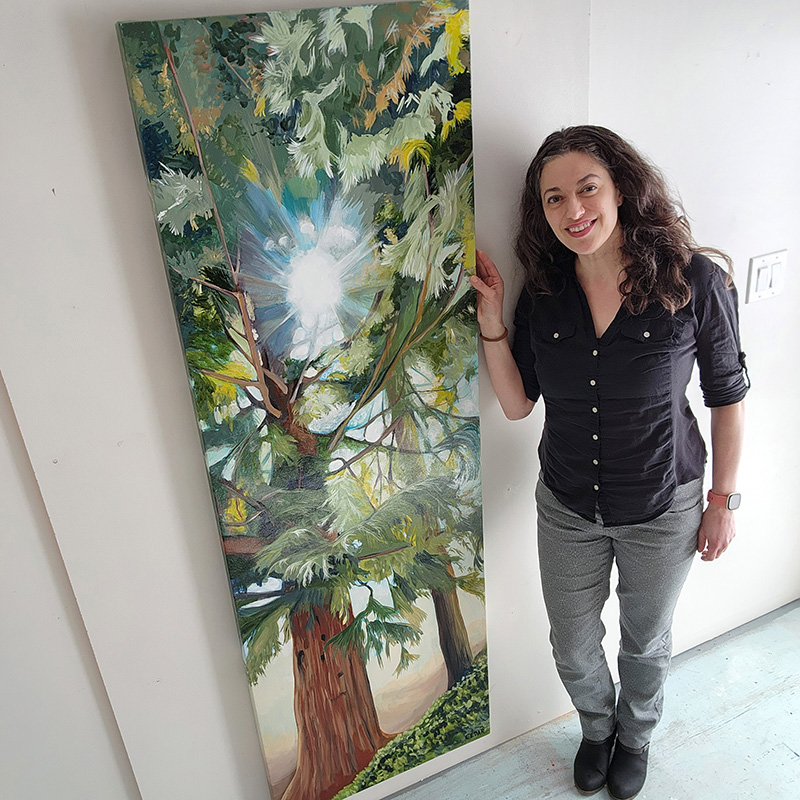 Know what you like.
Know what you like.
The only way to do this is to look at lots of art. Do a Google search for art galleries in your area. Devote a Saturday or two to go gallery-hopping with absolutely no intention to buy. Spend some time browsing on art-related websites. Read some books about art. You don’t need a degree in art history to figure out what kinds of art you are attracted to. Write down the names of any artists you really like.
Join art communities.
This is simpler than it sounds. Get on the mailing lists of local galleries so you get invited to art openings. Subscribe to the mailing lists and blogs of artists that you like. Read and post on art forums online. Talk to artists. When you see art on someone’s wall, express your curiosity. Lots of people out there are into art. Find the people who like what you like! Doing this will help you learn more about any topic that interests you, and art is no exception.
Determine your art budget.
You may have to look at your finances to figure out how much you can afford to spend on art. Try to get a dollar amount. For some people it might be only $100/year, for others it might be $10,000. Don’t be discouraged if your art budget is small—it is possible to find something you love in any price range. (If your budget is small, consider buying a small piece, a print or a reproduction to start your collection.) At this point you’ll start to get excited about the possibilities, but you shouldn’t necessarily buy the first thing you see.
Make a plan.
I read somewhere that all you need to do to become an art collector is to buy one piece of art once a year—perhaps on your birthday or wedding anniversary as a gift to yourself. Start small. You build a collection one piece at a time. Spend some time thinking about what kind of art you’d like to hang in your home, and how the different pieces will go together. Your collection is yours alone and can be anything you want it to be. You can decide to collect a particular theme, style, or genre of art, but you don’t have to.
Buy from serious artists.
It is okay to buy work from a young artist or an artist who doesn’t yet have many credentials. Emerging artists tend to have lower prices, and it is exciting to seek them out. Of course your first consideration should always be that you love the work. But you should also ask yourself, “Is this a serious artist?” Questions to ask might include:
- How many years have they been working?
- Have they received university-level art training?
- Do they show in galleries?
- Have they won any awards?
- Do they have a website?
- Has their name been mentioned in any press?
- Do they have a recognizable style?
- Are they serious about their craft and technically proficient?
- Have they sold a lot of artwork?
An artist certainly does not have to meet all of these criteria, but it should be clear to you that the artist is serious about his or her work. This will not only protect your long-term investment, but it will also give you the pleasure of following the artist’s career over the years and knowing you are a part of it.
 |
|